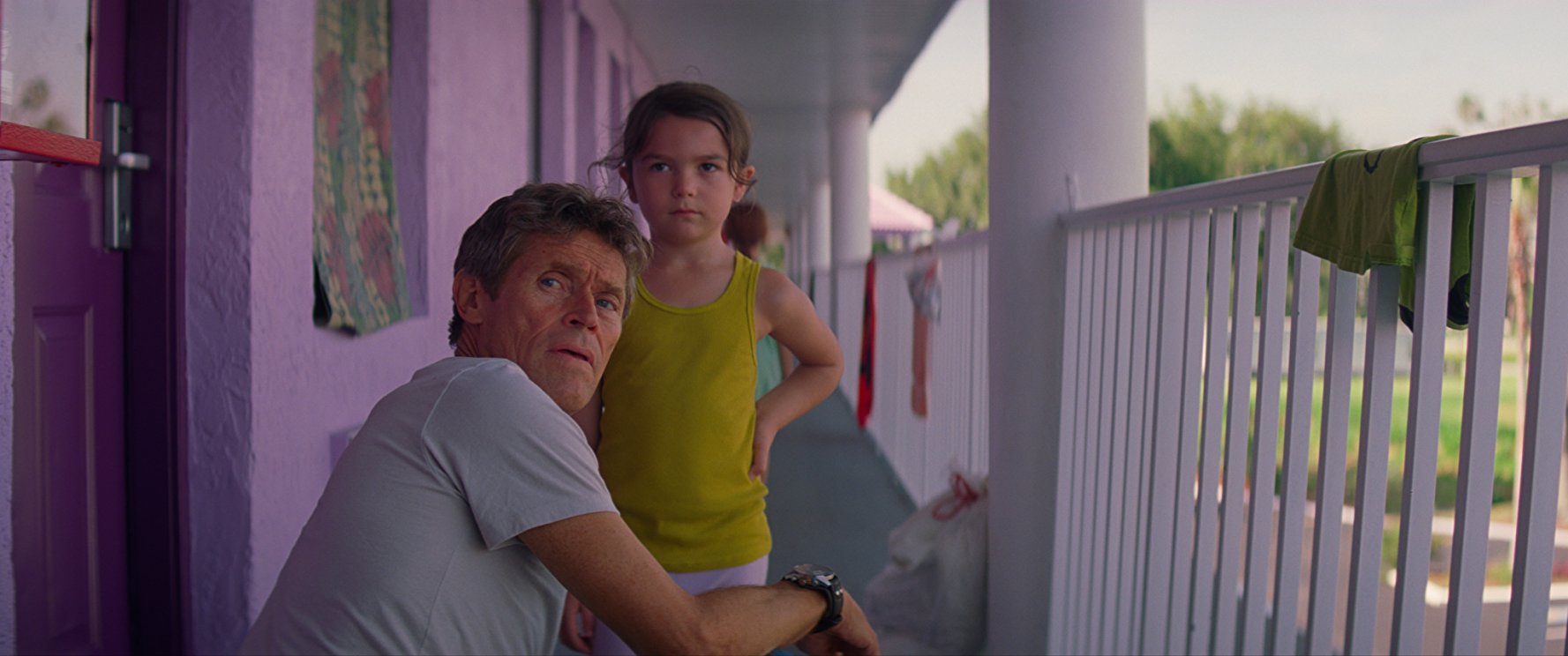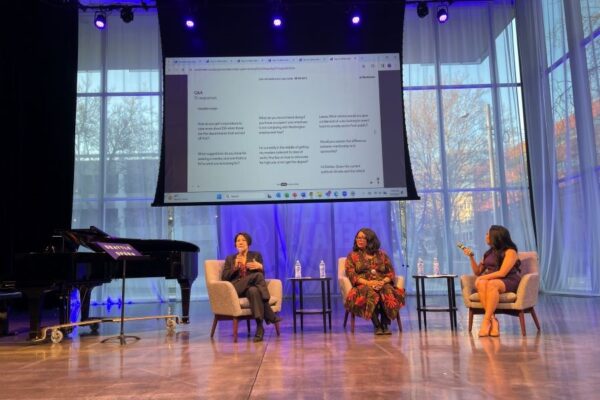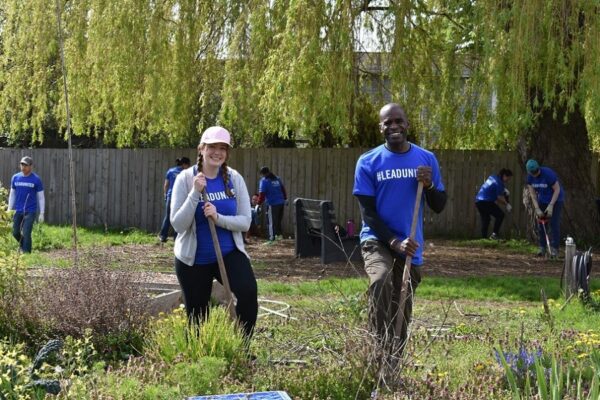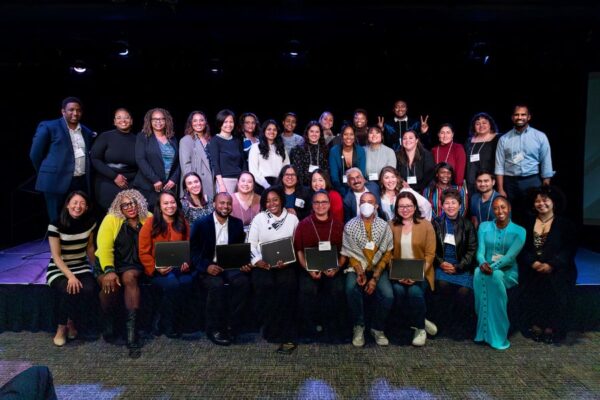The Florida Project Puts a Face on American Poverty
This is a guest post from Hannah Hynes Mumford, an AmeriCorp member who has helped deliver United Way programs over the years. Here, she reflects on the recent acclaimed film, The Florida Project.
The Florida Project is the first time I’ve ever seen an entire movie theater sit in stunned silence while the credits rolled. I’m not kidding: not a single person moved until the screen went black and a theater employee came in to sweep the aisles.
The film explores the life of six-year-old Moonee, her friends, her very young mother Hailey, and other residents of a garish purple motel called the Magic Castle. The motel is near Disney World, but despite their proximity to the happiest place on earth, residents of the Magic Castle are down on their luck.
With specificity, believable characters and beautiful performances by the whole cast, the film puts a human face on American poverty without sensationalizing anything. The film gracefully transforms statistics into people.
It reminded me that poverty is a collective problem that effects individuals. It is easy to hear that 16 million American children live in poverty (that’s true!) and think “That’s really terrible, we should do something about that!” But The Florida Project made me feel the problem. This is achieved, in part, by how unremarkable Moonee is. She’s not “special” in that cinematic fairytale, gifted way. She’s just a kid who loves her mom, her friends, and has as much fun as possible. Watching the children talk and play reminded me of every other six-year-old I’ve known.
This film does not reuse the old trope of exceptionally gifted people in desperate situations bootstrapping themselves to a better life using their grit, talent, or a wealthy benefactor. It’s a story of relatable children, which makes the larger picture of economic inequality personal and deeply felt. Although the film has lighthearted moments—Moonee and her friends exploring their surroundings, eating ice cream, run-of-the-mill childhood mischief —I was constantly aware of the danger Moonee is in. Even scenes of the children tromping through empty fields or playing outside the motel seem on the verge of ending in tragedy.
In one instance, danger is narrowly avoided thanks to Bobby, Magic Castle’s manager. He has the God-like ability to totally disrupt his tenants’ precarious lives, but, luckily, Bobby is a benevolent ruler. The only real adult in the film, Bobby repeatedly uses his position to protect and help his tenants. I couldn’t help but imagine what Moonee and Hailey’s lives would be like if they were at the mercy of a less goodhearted landlord, which is a reality for many.
The Florida Project reminds us why we do the work we do: it places us outside of ourselves and inspires true empathy. Go see it!





Comments